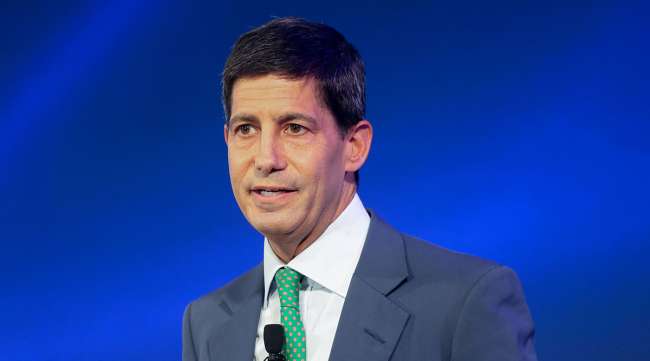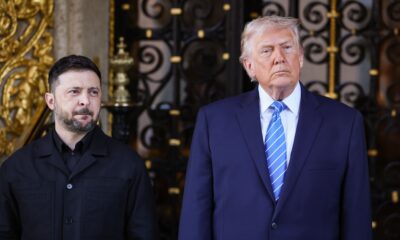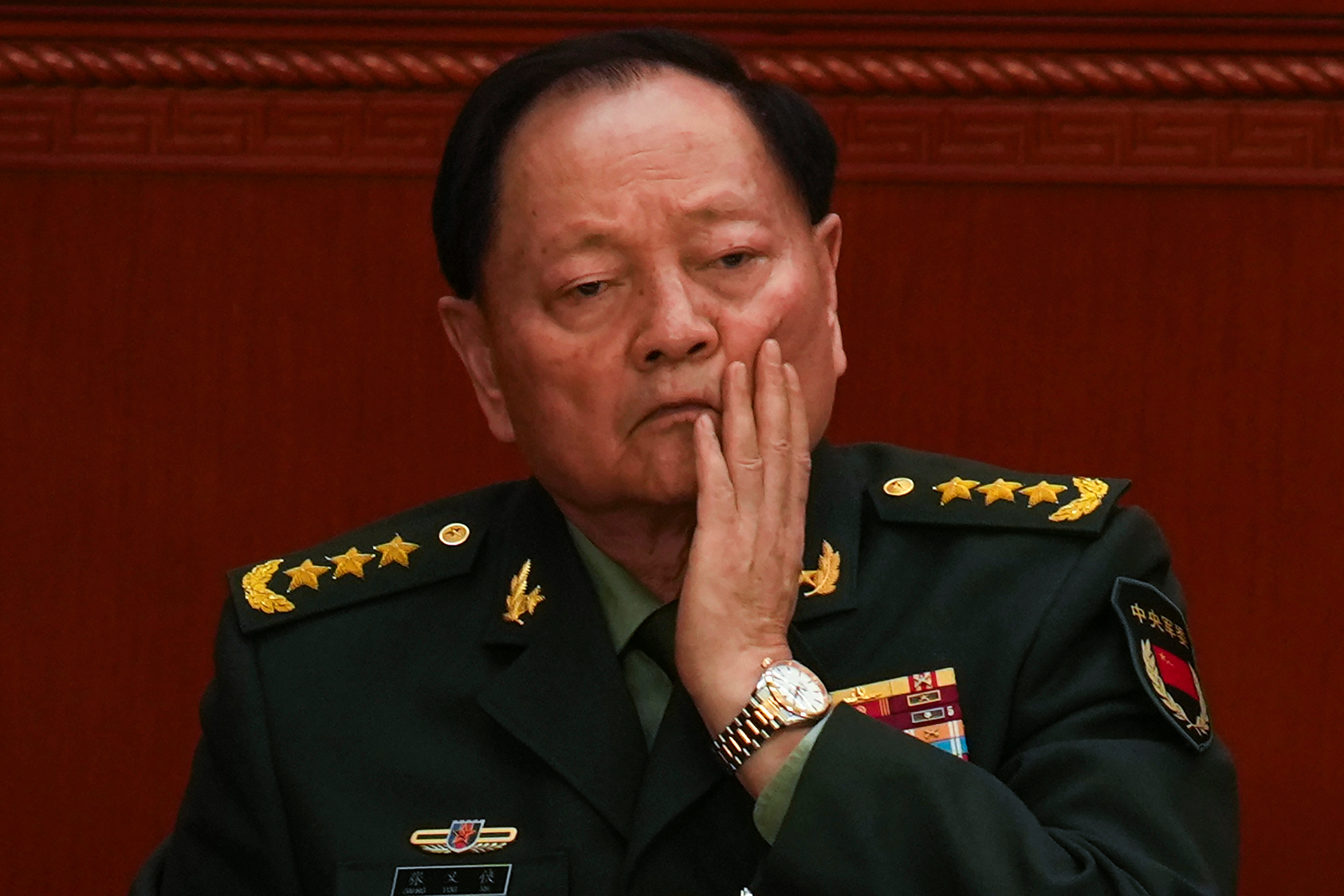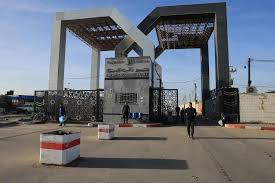News
Climate Protesters Ground Flights at Cologne Airport by Blocking Runway

Cologne-Bonn Airport, one of Germany’s major regional airports, halted all flight operations on Wednesday morning after climate activists from the group Last Generation glued themselves to a runway. The incident led to significant disruption, with numerous inbound flights being diverted to other airports, including Düsseldorf, Hahn, Nuremberg, and Hannover.
The protest caused a major impact on flight schedules, resulting in numerous delays and cancellations for outbound flights. Cologne-Bonn Airport has issued warnings about the disruption and advised passengers to verify their flight status before heading to the airport.
The protest involved five members of Last Generation who managed to gain unauthorized access to the airfield and glue themselves to the tarmac. The group aims to pressure the German government into committing to a global agreement to phase out oil, gas, and coal by 2030. Although three of the activists were removed by police, the protest succeeded in drawing attention to their cause.
Last Generation announced that similar “peaceful, civil protests” were planned at airports across Europe and North America throughout the day. In Finland, climate protesters blocked security gates at Helsinki Vantaa Airport, while in Norway, three activists breached the perimeter fence at Oslo’s main Gardermoen Airport. The Norwegian trio were removed approximately 30 minutes after their entry.
News
Trump Nominates Kevin Warsh to lead the US Federal Reserve

US President Donald Trump has announced Kevin Warsh as his choice to lead the US Federal Reserve when current chairman Jerome Powell’s four-year term comes to an end in May, a move that could usher in a new phase for American monetary policy amid heightened economic and political scrutiny.
Warsh, a former Federal Reserve governor, is no stranger to the institution or to speculation around its leadership. He previously served on the Fed’s board from 2006 to 2011 and was widely considered for the chairmanship during Trump’s first term in office. Known for his critical views of the central bank’s recent policy direction, Warsh is expected to favour a more accommodative stance, including support for lower interest rates in the near term.
The nomination comes at a sensitive moment for the Federal Reserve, as questions about its independence have intensified following Trump’s increasingly public criticism of Jerome Powell. The president has repeatedly expressed frustration that interest rates were not cut more aggressively, arguing that faster action would have better supported economic growth.
Those tensions deepened recently after federal prosecutors opened a criminal investigation into testimony Powell gave to the Senate concerning renovations to Federal Reserve buildings. The Department of Justice probe prompted a strong response from Powell, along with public messages of support from several former Fed chairs and prominent central bank leaders, underscoring the institutional significance of the moment.
Against this backdrop, Warsh’s re-emergence as a leading contender had been widely anticipated in recent weeks, as speculation mounted over who would eventually succeed Powell. Trump formally confirmed his choice on his Truth Social platform, praising Warsh in emphatic terms and saying he “will go down as one of the GREAT Fed Chairmen, maybe the best.”
If approved, Warsh would assume leadership of the world’s most influential central bank at a time of exceptional challenge and opportunity. Economists and financial markets are closely watching how the Fed navigates inflation concerns, growth prospects and political pressure, making the next chair’s approach particularly consequential.
Before taking office, however, Warsh must secure confirmation from the US Senate, a process that could involve extensive hearings and potentially lengthy delays. That scrutiny is likely to focus on his views about interest rates, financial regulation and the long-standing principle of central bank independence.
Even so, supporters argue that Warsh’s deep experience during periods of economic stress — including the global financial crisis — positions him well to guide the Fed through a complex environment.
News
Trump says Minneapolis mayor is ‘playing with fire’ over immigration comments

US President Donald Trump has accused Minneapolis Mayor Jacob Frey of “playing with fire” after the mayor publicly reaffirmed that the city would not enforce federal immigration laws, a stance that has intensified political tensions in Minnesota while also prompting renewed calls for dialogue and de-escalation.
The dispute unfolded after Mayor Frey wrote on X that “Minneapolis does not and will not enforce federal immigration laws,” reiterating the city’s long-standing sanctuary policies. The statement drew a sharp response from President Trump, who said the mayor was breaking the law and risking serious consequences.
Trump responded on his Truth Social platform, saying: “Could somebody in his inner sanctum please explain that this statement is a very serious violation of the Law, and that he is PLAYING WITH FIRE!” The president added that Frey’s comments came “after having had a very good conversation with him,” suggesting frustration at what he viewed as a reversal in tone.
The clash comes amid heightened emotions in Minnesota following the fatal shooting of 37-year-old intensive care nurse Alex Pretti by Border Patrol agents on Saturday. The incident has sparked protests, national scrutiny of immigration enforcement tactics, and bipartisan appeals for calm as investigations continue.
Mayor Frey said he had communicated directly with Trump’s border tsar, Tom Homan, and made clear that Minneapolis would not change its approach. In a detailed social media post, Frey stressed that his priority was community safety and trust.
“I reiterated that my main ask is for Operation Metro Surge to end as quickly as possible,” he said. “Public safety works best when it’s built on community trust, not tactics that create fear or division. I shared with Mr. Homan the serious negative impacts this operation has had on Minneapolis and surrounding communities, as well as the strain it has placed on our local police officers.”
He added that while the city would continue to cooperate on public safety, it would remain focused on protecting residents rather than enforcing federal immigration law. “We will remain focused on keeping our neighbours and streets safe,” Frey said.
Lawmakers from both parties have urged restraint as tensions rise. Democratic Minnesota congresswoman Ilhan Omar called for accountability at the federal level, saying Homeland Security Secretary Kristi Noem should “resign or face impeachment” over recent developments in the state. Omar also said she was attacked with an unidentified substance at a town hall event on Tuesday night, underscoring the charged atmosphere surrounding the debate.
Despite the sharp rhetoric, political observers note that the exchange also highlights an ongoing conversation between federal and local authorities about how immigration enforcement is carried out and its impact on communities. While the White House maintains that federal law must be upheld uniformly, city leaders argue that trust between residents and local authorities is essential to effective policing and public safety.
News
Trump Presses Iran on Nuclear Talks as Diplomatic Window Remains Open Amid Gulf Military Build-Up

US President Donald Trump has warned Iran that “time is running out” to reach an agreement on its nuclear programme, as the United States continues a steady build-up of military forces in the Gulf, raising international attention on the standoff while leaving the door open to negotiations.
Speaking amid heightened tensions, Trump said a “massive Armada” of US naval forces was moving rapidly towards the region, describing it as advancing “with great power, enthusiasm, and purpose”. His remarks were widely interpreted as a signal of pressure rather than an immediate threat, aimed at pushing Tehran back to the negotiating table.
Iran responded by striking a careful balance between defiance and diplomacy. In a statement, Iran’s mission to the United Nations said Tehran “stands ready for dialogue based on mutual respect and interests”, underlining that it remains open to talks. At the same time, it warned that if Iran were forced into confrontation, it would defend itself and “respond like never before”.
Iran has consistently maintained that its nuclear programme is entirely peaceful, rejecting long-standing accusations from the US and its allies that it is seeking to develop nuclear weapons. Iranian officials have repeatedly argued that international inspections and agreements provide sufficient assurances about the civilian nature of its nuclear activities.
Trump’s latest warning comes against the backdrop of intense unrest inside Iran following a sweeping and violent crackdown on demonstrations earlier this month. At the height of the protests, the US president publicly voiced support for demonstrators, telling them that “help is on the way”. He later adopted a more cautious tone, saying he had received assurances that executions linked to the protests had stopped.
Human rights groups continue to report alarming figures. The US-based Human Rights Activists News Agency (HRANA) says it has confirmed the deaths of more than 6,301 people since unrest erupted in late December, including at least 5,925 protesters. HRANA added that it is investigating reports of a further 17,000 deaths, which it says have been difficult to verify due to an extended internet shutdown across the country.
Meanwhile, Norway-based Iran Human Rights (IHR) has warned that the final death toll could exceed 25,000, highlighting the scale of the crisis and the urgency of international engagement.
-

 Sports1 week ago
Sports1 week agoSancho’s Breakthrough Strike Sends Aston Villa into Europa League Last 16
-

 News1 week ago
News1 week agoRescue Efforts Intensify After Deadly Landslides Strike New Zealand’s North Island
-

 News1 week ago
News1 week agoZelensky Secures Post-War Security Framework with Trump
-

 News5 days ago
News5 days agoUS to send ICE agents to Winter Olympics, prompting Italian anger
-

 News1 week ago
News1 week agoChina’s top general under investigation
-

 News6 days ago
News6 days agoIsrael to reopen Gaza crossing after search for last dead hostage’s body ends
-

 Sports5 days ago
Sports5 days agoVilla sign striker Abraham for £18.25m
-

 General1 week ago
General1 week agoTrump threatens Canada with 100% tariffs over China trade deal










